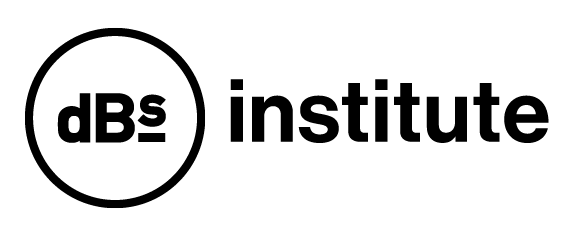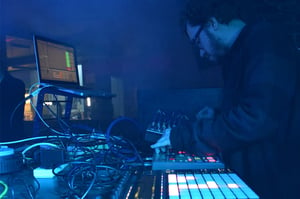If you're a self-taught musician or producer who's already making progress, you may have found yourself wondering if investing in an audio education is worth it. If that sounds like you, this article is here to help you make up your mind.
It's common for DIY artists to weigh up the merits of formal music technology education, especially if you're already gigging, releasing music and building a following. After all, you can learn a lot just by trawling through content posted on the internet.
While learning this way works for some, this route does have some pitfalls that can slow and ultimately limit your progress. For one, searching YouTube for tutorials on getting 'that sound' can be incredibly time-consuming. Too many options scattered around the virtual labyrinth can really inhibit your progress and leave you experiencing 'choice paralysis'.
Even if you've achieved a lot this way, an audio education at a dedicated institute can help you improve at a much faster pace than going it alone. If you've been thinking about your career prospects, improving your creative output and are considering either an Access to HE diploma or a music tech degree, here's what you stand to gain from choosing this path.
1. Get better, faster with feedback from experts and peers
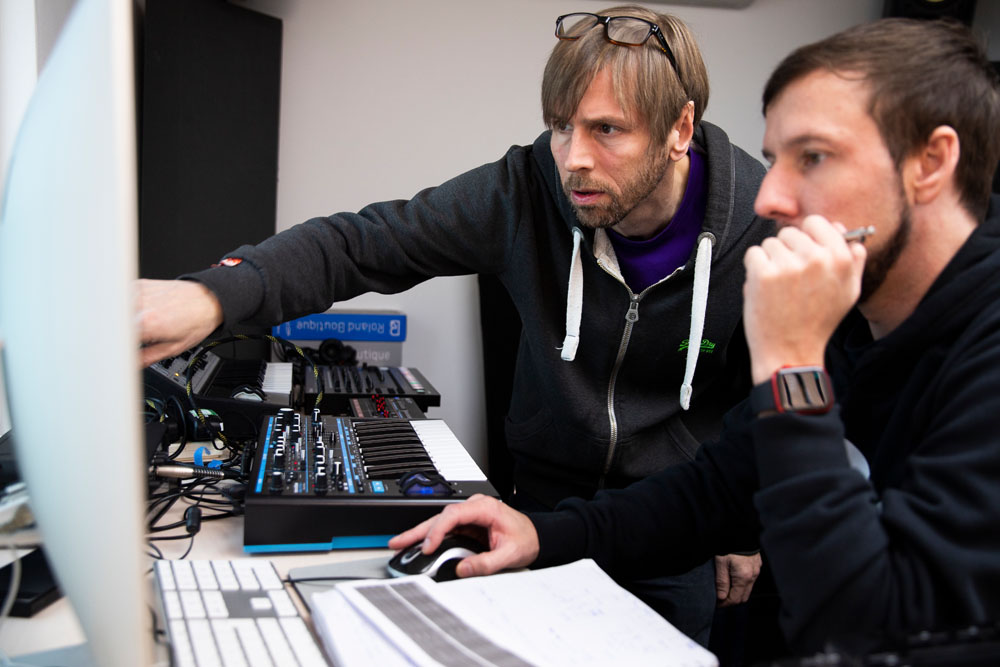
Arguably the most valuable outcome for DIY musicians is improving at a faster rate. There are many reasons why an audio education will help you get better results than going it alone and one of the most useful mechanisms for this is feedback.
Feedback from experts spanning multiple areas of the industry and various disciplines will often be much more objective and useful, and the improvements you can make based on this feedback will help you develop much faster.
Being surrounded by like minded individuals who also love music and are interested in different styles and genres is another great advantage. As you are learning together, this creates what's known as a 'community of practice' where skills and techniques are shared between members alongside those taught by your tutors.
When a range of production techniques that are typically used across different genres are shared throughout the community, a melting pot of ideas is created where styles, tastes and techniques converge. Being at the centre of a community like this has many benefits that will speed up your learning and broaden your horizons.
2. Real-world industry experience using state of the art equipment
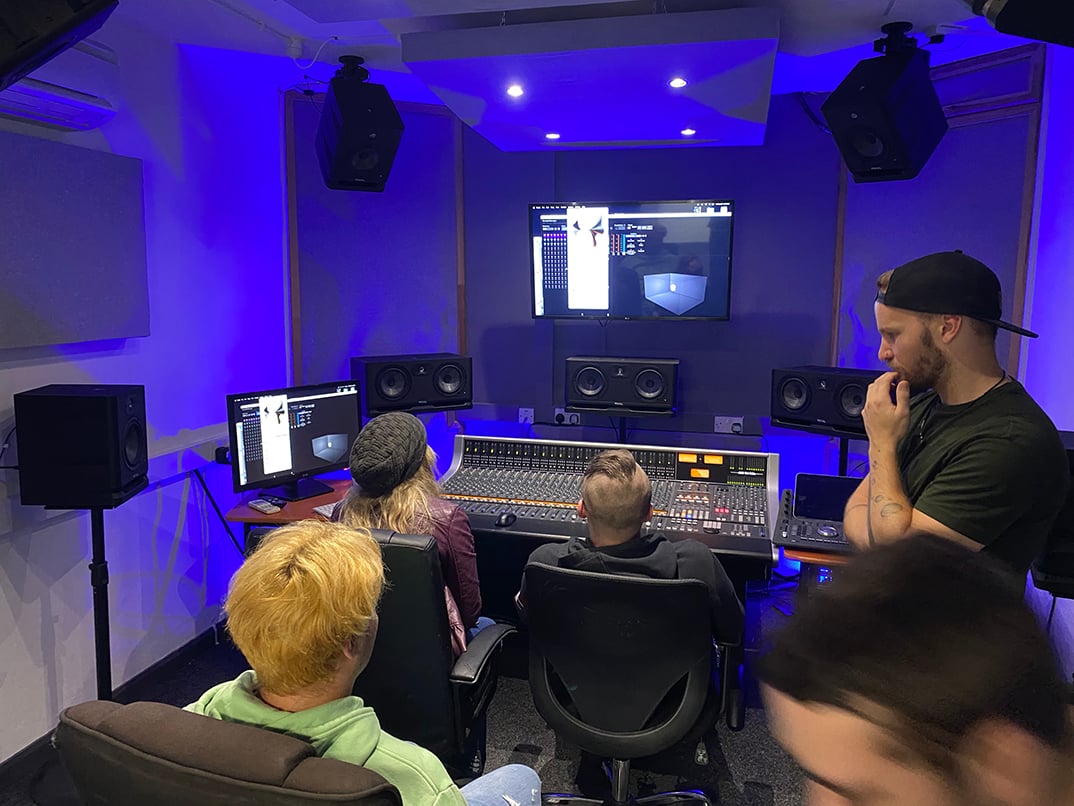
Working in-the-box using a Digital Audio Workstation (DAW) and VST plugins is a fantastic way to get started with music production, but you can easily fall into the trap of staying in your comfort zone when producing like this.
In reality, a career in the audio industry is multifaceted. Professionals can take on many roles, finding themselves working in studio recording, live sound, sound design, immersive audio, game audio, sync, audio engineering and more.
Both our music tech diploma and degree courses provide you with the opportunity to learn in facilities modelled on the industry-standard. Our goal is to not only teach you how to become capable creative practitioners, but to ensure you have professionally spec’d environments to develop your skills, so you feel confident stepping into those areas after education.
3. A broader perspective
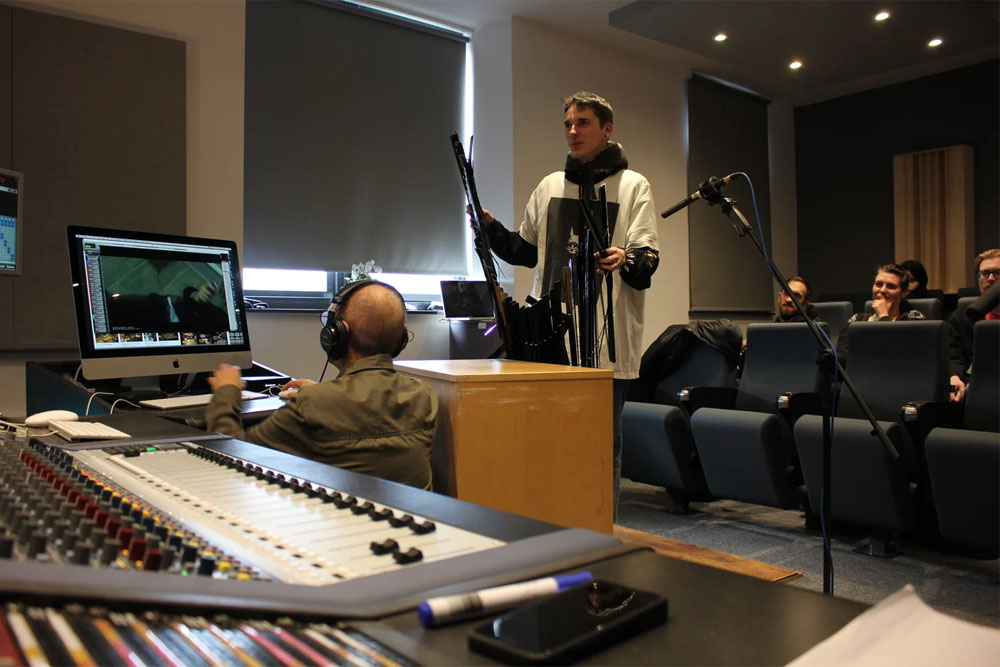
One point we already touched on was being around tutors and peers who have other interests and experience operating in the creative industries. Exposure to a broad mix of tastes and knowledge can lead to discoveries, inspiration and new areas of interest. Gaining a broader perspective almost always leads to more exciting opportunities as your scope is naturally wider and more possibilities open up.
4. Collaboration opportunities
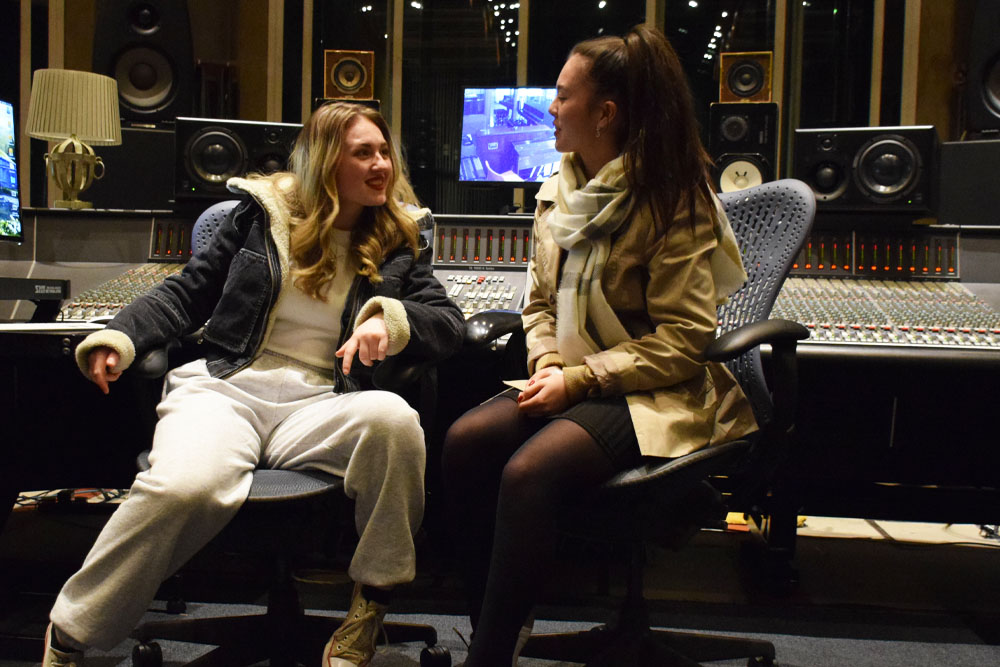
If you talk with established music producers and ask them how they honed their craft, you'll often find collaborating with others is one of the first things they mention. Music tech courses are built on collaboration at every step and you'll find yourself being able to work with like-minded people, who are on the same journey as you.
Whenever you team up on a project (there are many opportunities), you'll always come away from the experience having learnt something new. Many exciting acts and future ventures are born out of connections made in education, someone you collaborate with at college might become your future musical partner.
5. A more focussed and direct learning experience
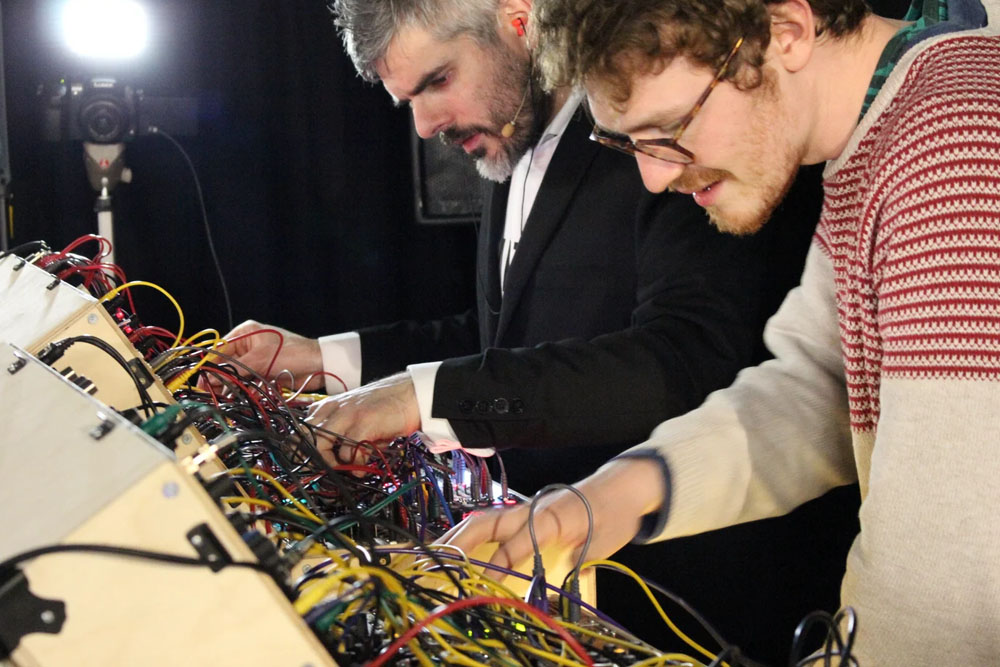
Learning on your own can be rewarding, but there's a lot to be gained from a more structured, direct and holistic approach.
The human brain thrives on structure and stability and is able to assimilate new ideas much faster if the information is presented in a planned and orderly way. Our graduates often tell us how they benefit from a more structured approach to learning and thinking about music production, compared to when they were teaching themselves.
Following a learning plan and course structure with assignments that have deadlines (yes deadlines!) pushes you to become more organised and disciplined. Developing proactive working habits as a result of this practice can produce substantial workflow gains alongside the knowledge and skills acquired.
Learning about the industry in a more holistic manner compared to focusing on one area of production also gives you a greater perspective on its inner-workings and the opportunities that are open to you.
6. Networking opportunities and industry links
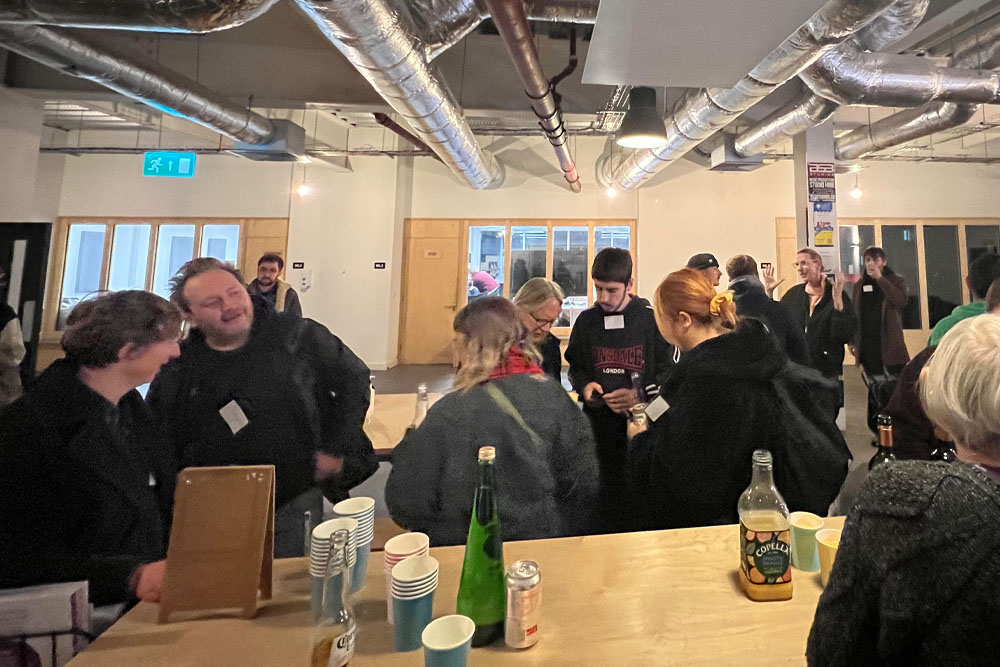
At dBs, in order to effectively train you to become a creative professional, your tutors need to have lived it. That’s why we employ tutors who have racked up years of experience in the music industry, and more often than not, are still actively working in it.
Their black book of contacts and connections is open if you’re willing to put the work in, and those connections can lead to help with your projects, work placements and employment, collaboration opportunities and more.
Our tutors are just one avenue you can explore to grow your network. With a stacked guest lecture programme that sees us inviting creative professionals from all walks of life, you’ll have a huge amount of access to producers, artists, brands, developers, promoters, label owners and so much more. We always encourage students to attend as many of these talks as possible and to talk with guests afterwards - connecting your name to a face and conversation will make you infinitely more memorable and potentially lead to some amazing opportunities.
7. Better career prospects
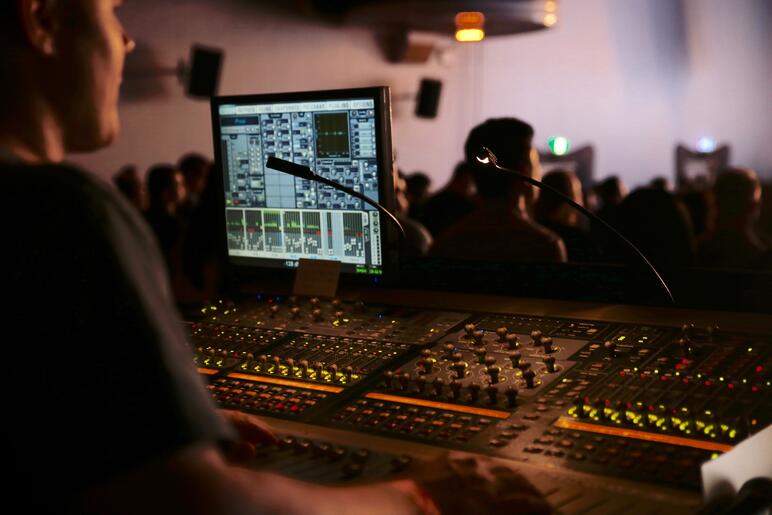
In some ways, we’ve already discussed how a music tech diploma can sow the seeds for better career prospects, but it’s worth mentioning again. Holistic learning, industry-standard facilities, feedback and insights from experienced tutors, and access to broader perspectives all add up.
As a student at dBs, you’ll have access to people like our Employability & Engagement Coach, who you can work with 1:1 on creating a killer CV, working on your interview skills, and making a development plan for where you want to take your career.
Getting started in audio education is exciting, but we understand there can be a lot to consider. If you would like any further information about our courses, please feel free to contact admissions@dbsinstitute.ac.uk or come along to one of our open days.
Ready to take your music-making to the next level? Check out our full range of diplomas and undergraduate degrees

